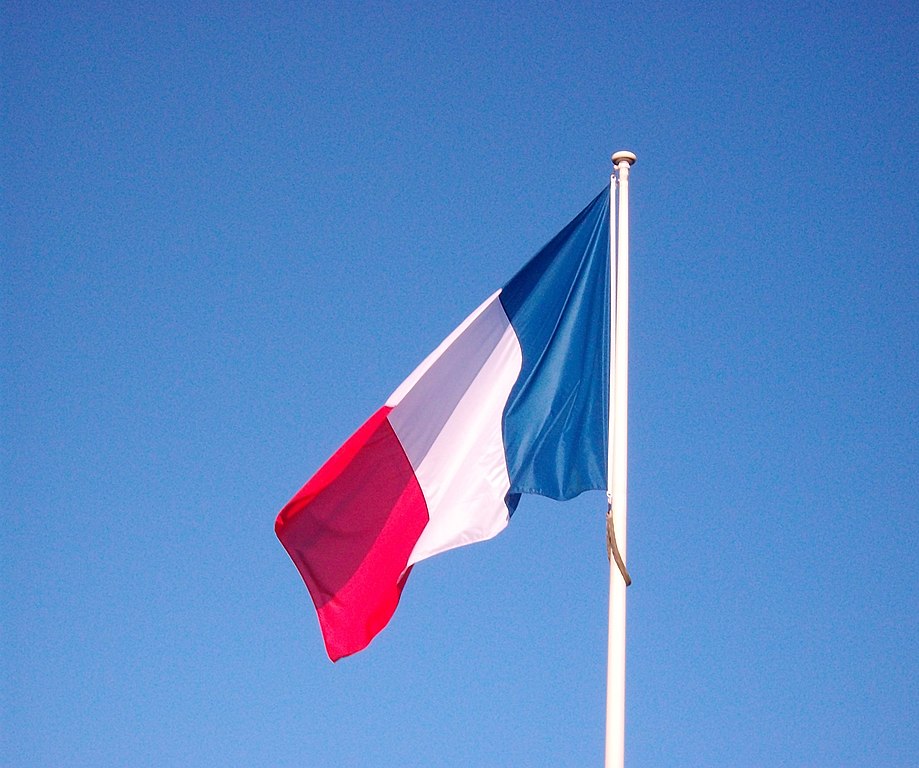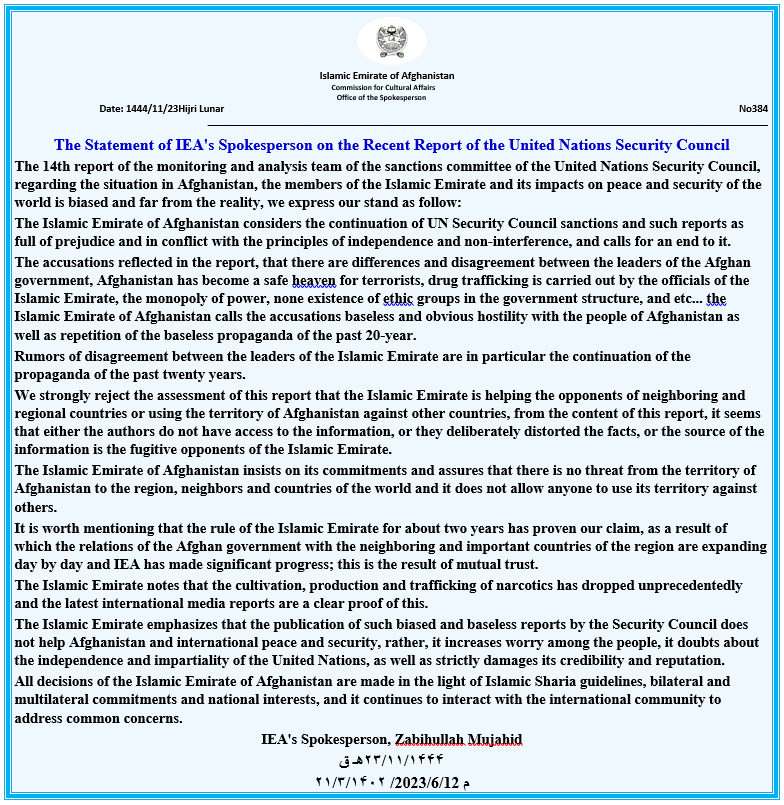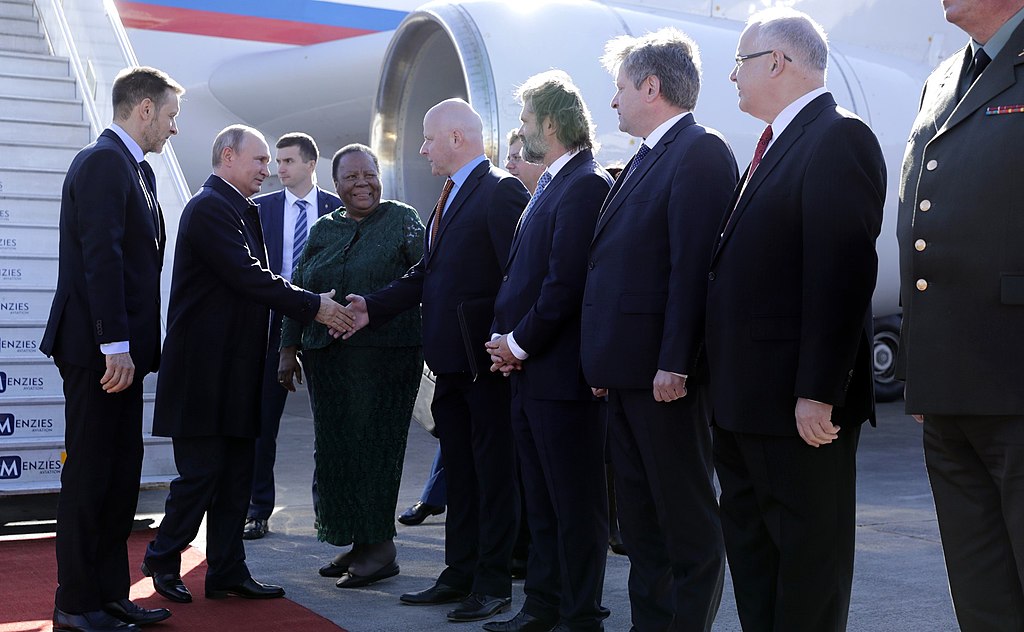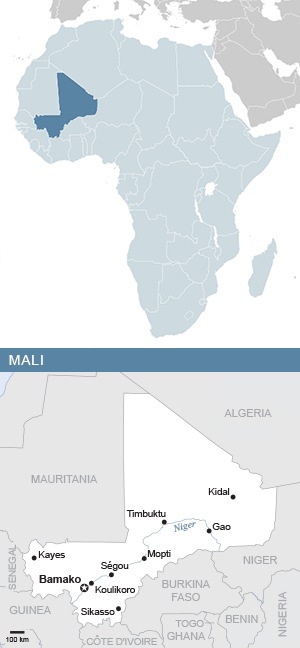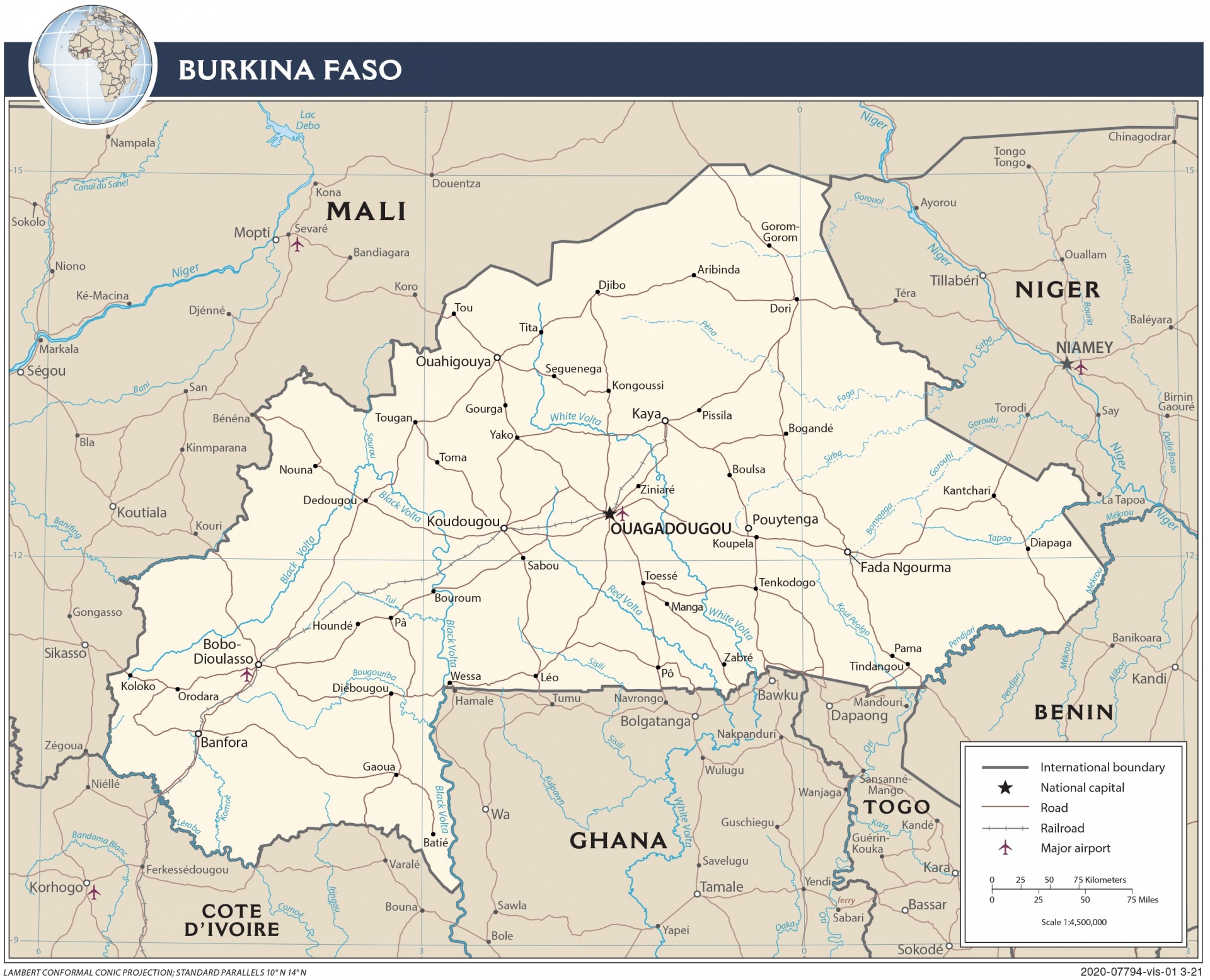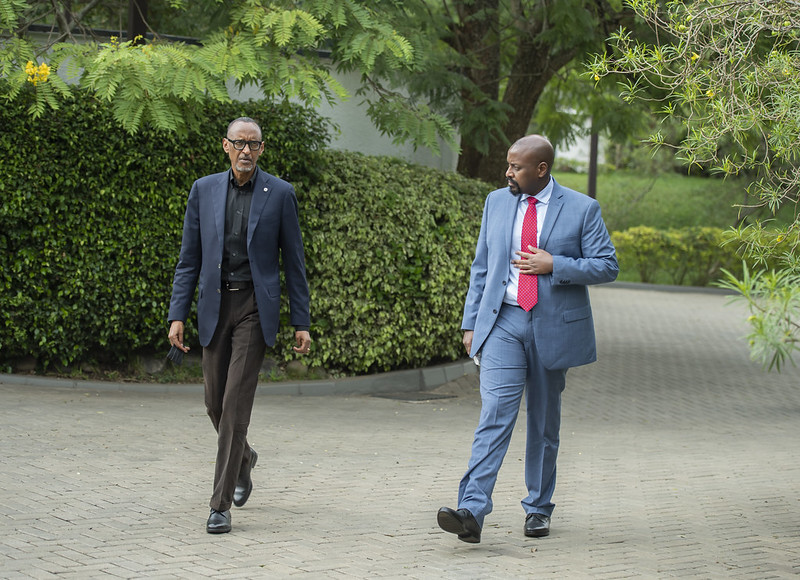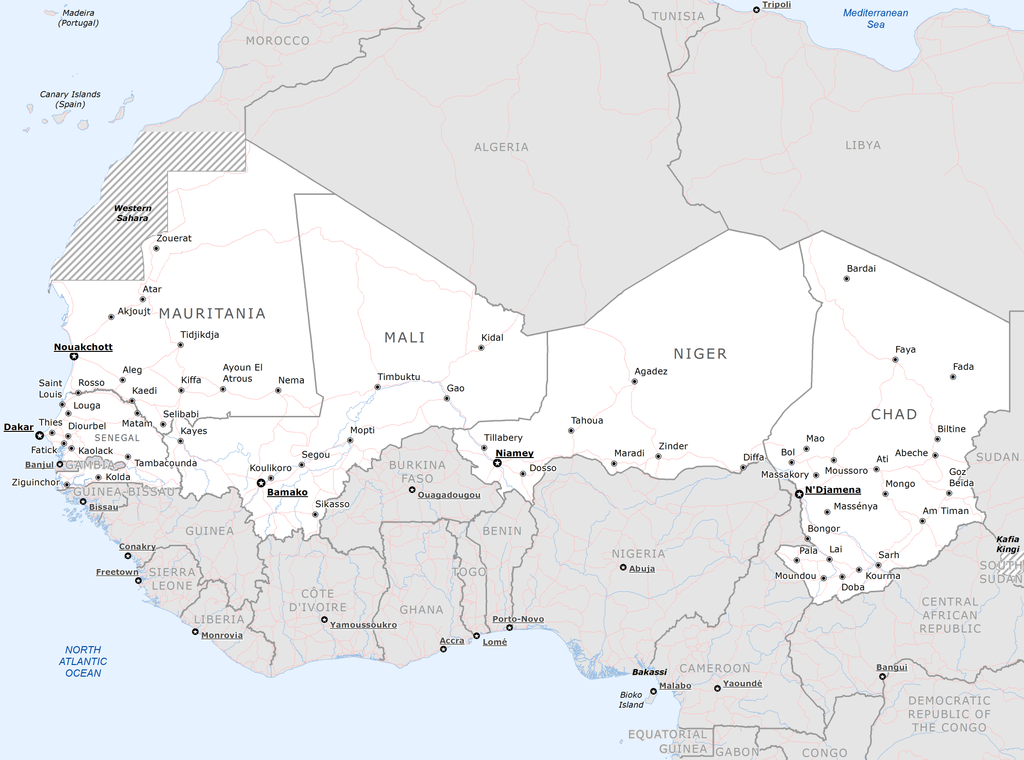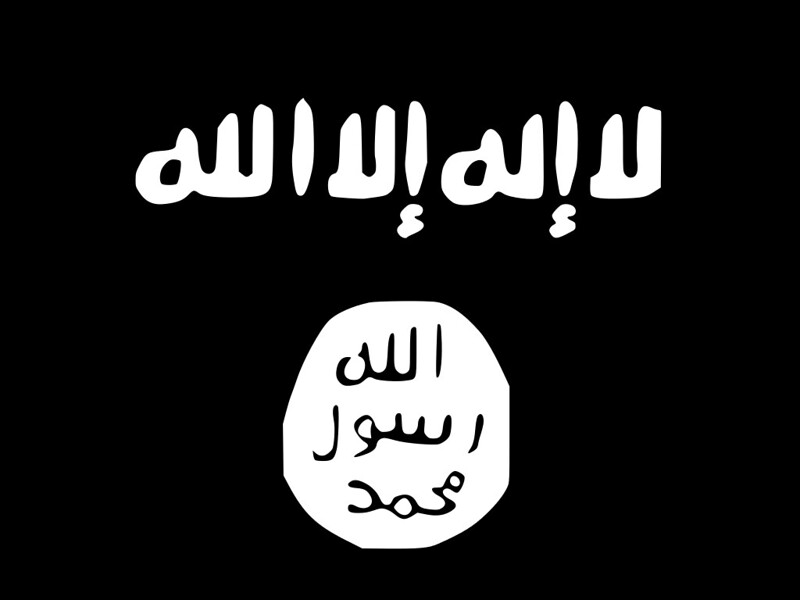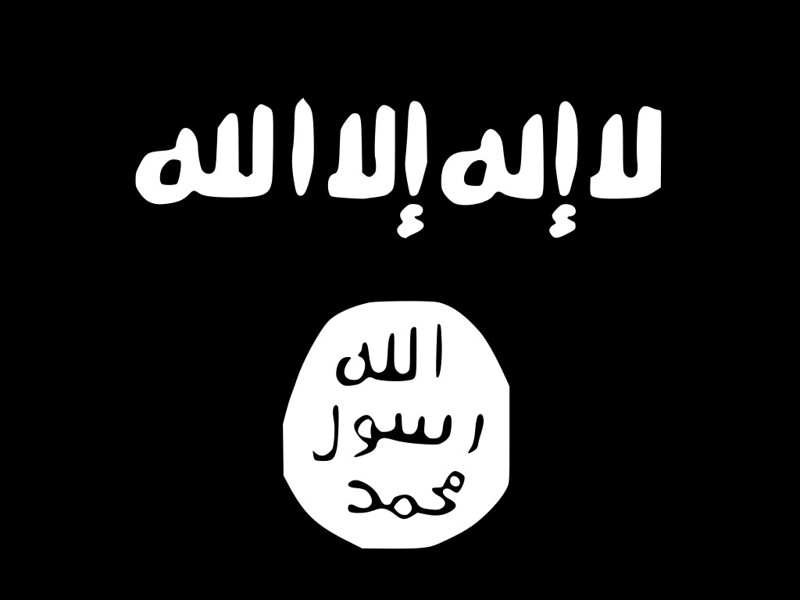
Flag of the Islamic State.
“Despite significant attrition of the Da’esh leadership and a reduction in activity in the core conflict zone, the risk of resurgence remain[s].”
The United Nations Monitoring Team has released a new report on the status of the Islamic State (IS) around the world. The report details member states’ efforts to combat the group’s core presence as well as the activities of IS affiliate branches around the world.
The report notes that despite the international cooperation against the Islamic State, its core group, based in Iraq and Syria, still has an estimated 5,000 to 7,000 fighters. The report notes IS attacks have slowed from the previous reporting period (the second half of 2022), though the group maintains a low-level insurgency, particularly taking advantage of the security vacuums along the Kurdistan border in Iraq. The report also underscores that IS core’s reserves of $25 to $50 million have dwindled significantly, though it continues to raise funds, most commonly via kidnapping for ransom. Notably, the report relays that continued counterterror pressure from states around the world has led IS to adopt an increasingly decentralized model of governance extending to IS’s global provinces. While no evidence exists to demonstrate these provinces are being commanded and controlled by IS central, “reporting shows that financial, propaganda and other connections remain.” The satellite provinces of the Islamic State remain a concern. The report assesses the Islamic State-Khorasan (IS-K) to be “the most serious terrorist threat in Afghanistan and the wider region.” With fighters and their family members estimated at between 4,000 and 6,000 individuals, the report notes that IS-K has adopted increasingly sophisticated tactics aimed at demonstrating the Taliban’s inability to ensure security.[i] The IS continued to demonstrate its staying power in Africa,[ii] the world region most beset by jihadist terror.[iii] In the Sahel,[iv] the report notes that the IS-Sahel province, “had become increasingly autonomous and had played a significant role in the escalation of violence in the region,” though curiously, the report makes no mention of the largest IS branch in Africa, the Islamic State’s West African Province (ISWAP). The report notes that an estimated 300 to 500 fighters still exist in southern Libya, and that UN member states have grown concerned about the presence of a strengthening IS presence in Sudan considering the country’s recent political turmoil.
Source:
United Nations Security Council, “Seventeenth report of the Secretary-General on the threat posed by ISIL (Da’esh) to international peace and security and the range of United Nations efforts in support of Member States in countering the threat,” United Nations Security Council, 31 July 2023. https://undocs.org/Home/Mobile?FinalSymbol=S%2F2023%2F568&Language=E&DeviceType=Desktop&LangRequested=False
During the first half of 2023, the threat posed to international peace and security by Da’esh and its affiliates remained mostly high in conflict zones and low in non-conflict areas. However, the overall situation is dynamic, with notable subregional variation in activity. Leadership attrition, as well as counter-terrorism efforts by Member States in certain regions, continue to have an impact on Da’esh activities. Multilateral cooperation has remained essential to effectively responding to the threat, including through an integrated and balanced implementation of the United Nations Global Counter-Terrorism Strategy…
Despite significant attrition of the Da’esh leadership and a reduction in activity in the core conflict zone, the risk of resurgence remained. The group has adapted its strategy, embedding itself with local populations, and has exercised caution in choosing battles that are likely to result in limited losses, while rebuilding and recruiting from camps in the north-east of the Syrian Arab Republic and from vulnerable communities, including in neighbouring countries…
The trend of counter-terrorist pressure prompting Da’esh to adopt less hierarchical and more networked, decentralized structures has continued, with operational autonomy in the affiliated groups. Member States have little evidence that the core leadership is exercising command and control of regional affiliates, although reporting shows that financial, propaganda and other connections remain…The group’s media apparatus leverages the operations of Da’esh affiliates in conflict zones in its propaganda efforts, reaching a wide audience, with the aim of radicalizing potential recruits, gaining support and inspiring attacks beyond conflict zones. While its previously well-developed external operations capability remained diminished and largely constrained, the ambition to reconstitute is clear. The situation in Afghanistan has become more complex, with increasing Member State concerns about the ability of Islamic State in Iraq and the Levant-Khorasan (ISIL-K) (QDe.161) to project a threat both in the region and further afield…
Notes:
[i] For more on the UN’s critiques of the Taliban, see: Jason Warner, “Taliban Responds to UN Reports Claiming Taliban Rule Aids Terrorist Expansion,” OE Watch,07-2023. https://fmso.tradoc.army.mil/2023/taliban-responds-to-un-reports-claiming-taliban-rule-aids-terrorist-expansion/
[ii] For more on the status of the Islamic State in Africa, see: Jason Warner, “UN Warns About Islamic State Surging in Africa and Afghanistan,” OE Watch,03-2023. https://fmso.tradoc.army.mil/2023/un-warns-about-islamic-state-surging-in-africa-and-afghanistan/
[iii] For more on Africa as the new epicenter of global terrorism, see: Jason Warner, “Global Terrorism Declined Slightly in 2022, With the Sahel as the New Epicenter,” OE Watch, 05-2023. https://fmso.tradoc.army.mil/2023/global-terrorism-declined-slightly-in-2022-with-the-sahel-as-the-new-epicenter/; Jason Warner, “African Leaders, UN See Terrorism in the Sahel as Dire,” OE Watch, 11-2022. https://fmso.tradoc.army.mil/2022/african-leaders-and-un-see-terrorism-in-the-sahel-as-dire/
[iv] For more on the status of Al-Qaeda in the Sahel and Sahara, see: Jason Warner, “Leader of Al-Qaeda’s Sahelian Branch, JNIM, Explains His Group’s Goals,” OE Watch,05-2023. https://fmso.tradoc.army.mil/2023/leader-of-al-qaedas-sahelian-branch-explains-his-groups-goals/; Jason Warner, “Al-Qaeda Leader in Maghreb Celebrates French Departure, Claims No Plans To Attack French Homeland,” OE Watch,04-2023. https://fmso.tradoc.army.mil/2023/al-qaeda-leader-in-maghreb-celebrates-french-departure-claims-no-plans-to-attack-french-homeland/
Image Information:
Image: Flag of the Islamic State.
Source: https://www.flickr.com/photos/121483302@N02/14690988398
Attribution: CC BY-SA 2.0


